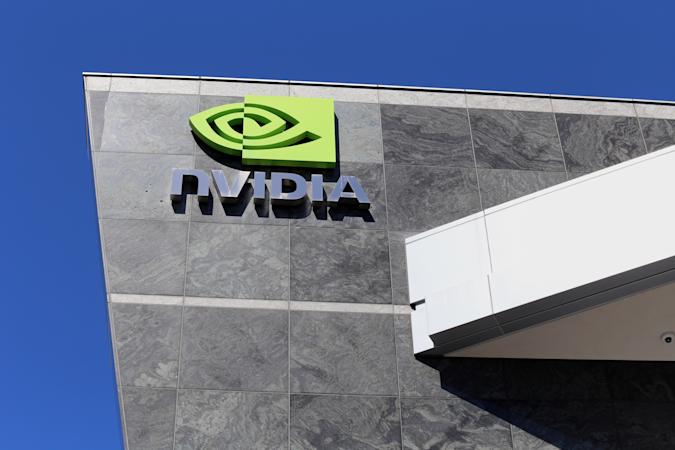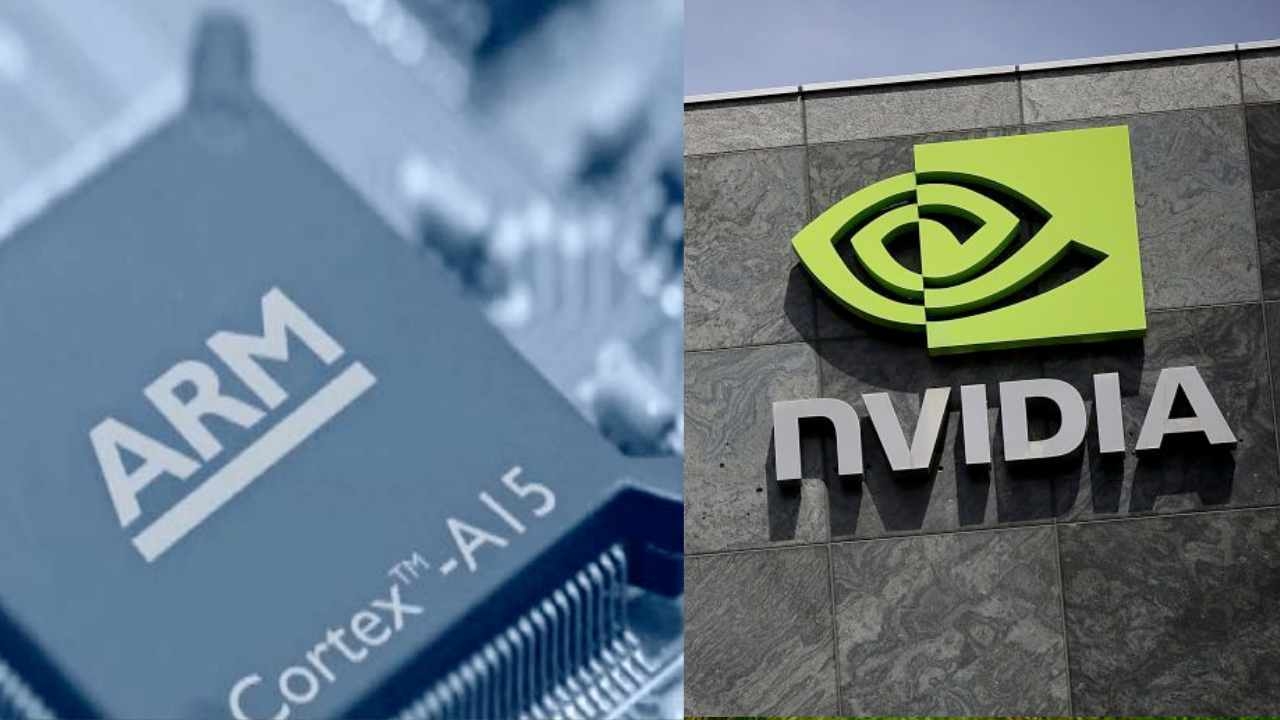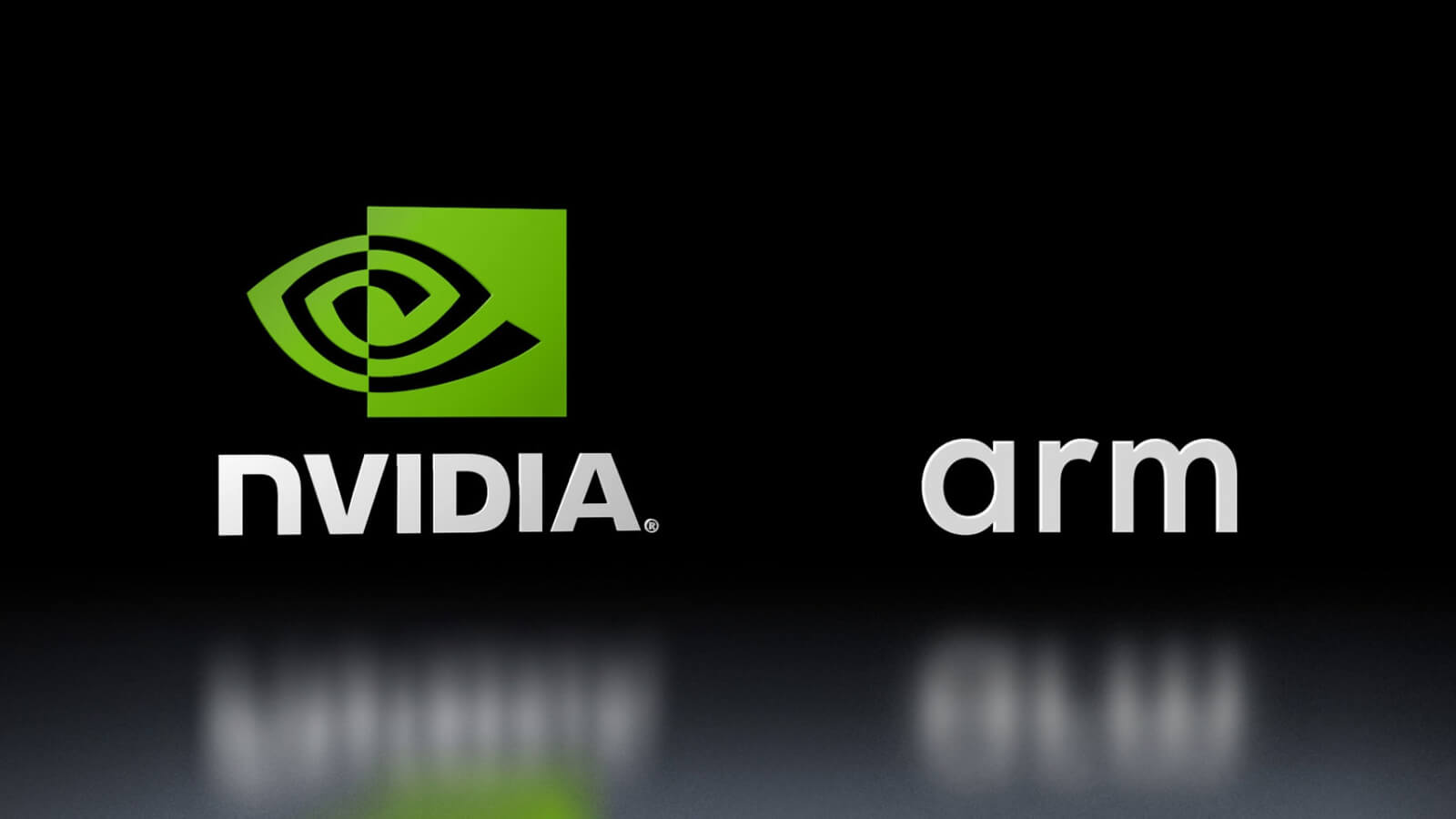

NVIDIA and Softbank have finally officially announced that the former has been forced to abandon its plans to buy ARM, the British company that, if you’re not aware, licenses the chips used in most smartphones. This deal fell through on Monday, that is, about a year and a half after NVIDIA initially announced that it was buying this “chip business” owned by Softbank. The acquisition was to be made for cash and shares, which at the time were valued at $40 billion.
And if we proceed from the current prices for NVIDIA shares, then this deal could be worth more than $ 60 billion if it did take place yesterday. “ARM has a very bright future and we will continue to support it as proud licensees for decades to come. And even though we won’t be one single company, we will still work closely with ARM. I expect ARM to become the most important CPU architecture in the next decade,” said Jensen Huang, CEO of NVIDIA. It is important to note that the originally planned takeover from the very beginning met with resistance from almost the whole world.
ARM customers such as Qualcomm and Microsoft immediately objected to the deal, voicing their concerns that NVIDIA might prevent ARM from licensing its chip designs to them. The merger between the two giants, which was to be the largest in the chip sector, was also scrutinized by regulators. Thus, the UK Competition and Markets Authority twice examined its impact on prices and product quality, as well as on national security in general. Meanwhile, in the United States of America, the Federal Trade Commission has filed a lawsuit with the very purpose of blocking the purchase due to fears that it would stifle competition in relation to several especially key technologies.
Previous reports also claimed that NVIDIA had been preparing to pull out of the deal since early January as it failed to convince regulators to approve the purchase. Well, as the authoritative edition of The New York Times notes, NVIDIA has repeatedly told the authorities that it will retain the current ARM business model no matter what, and even offered to create a separate licensing organization for its chips. The firm also claimed that it would license any ARM-based intellectual property it develops to all companies without discrimination. However, as we can see, these arguments failed to convince anyone, because indeed, in any case, the risk is too high.





